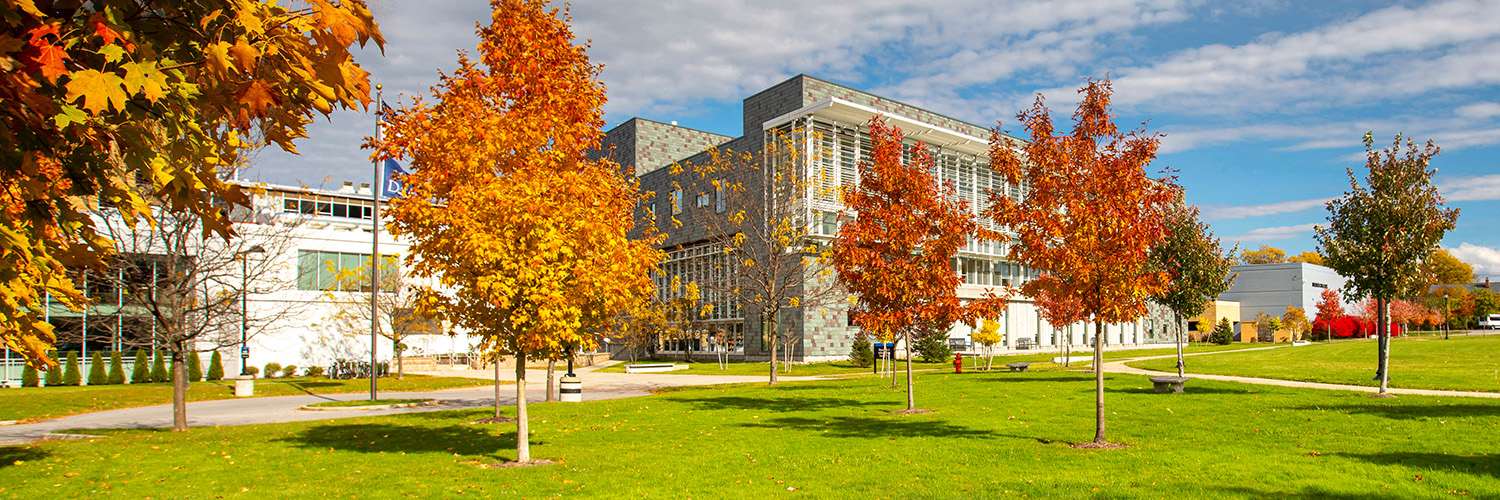Joining hands between theory and practice – benefiting students and the global community.
Daemen’s innovative service learning program has been named to the President’s Higher Education Community Service Honor Roll for exemplary efforts in service learning and addressing critical community needs. The program has also been recognized with the U.S. Thousand Points of Light National Service Award. Each year, nearly 350 Daemen students contribute more than 12,000 volunteer service hours.
Through this three-credit hour graduation requirement, including both in-class and a minimum of 50 on-site hours, undergraduate students have a variety of opportunities for active community engagement, including work with refugee and international populations, housing rehabilitation programs, health clinics, after-school tutoring, and enrichment programs in urban school settings, and international service opportunities typically available during the January term or spring break. Although no two service-learning courses are alike, all courses aim to integrate classroom learning with real-world contexts, providing structured reflection activities through which students experience an integrated understanding of academic course materials and objectives. Faculty in a wide variety of departments offer courses for service learning credit: any questions or comments about a particular service-learning experience should be directed to the chair of the sponsoring department, who may consult with the Director of the General Education Curriculum for additional input.
Service learning is mutually beneficial; as students collaborate with their fellow citizens to address community needs, they gain leadership, cross-cultural and civic awareness, and critical thinking skills, while developing values that will guide them throughout their lives.
Service Learning provides students:
- Hands-on, real-world experiences and the opportunity to develop a global service perspective;
- Preparation for civic participation in a diverse and democratic society;
- Opportunities to better understand academic course content and make connections between educational and community goals;
- Opportunities to grow as learners and citizens, partner with faculty, and service recipients in the teaching-learning process;
- Opportunities to develop critical thinking and leadership skills while bonding with their peers and our partners in the community.
